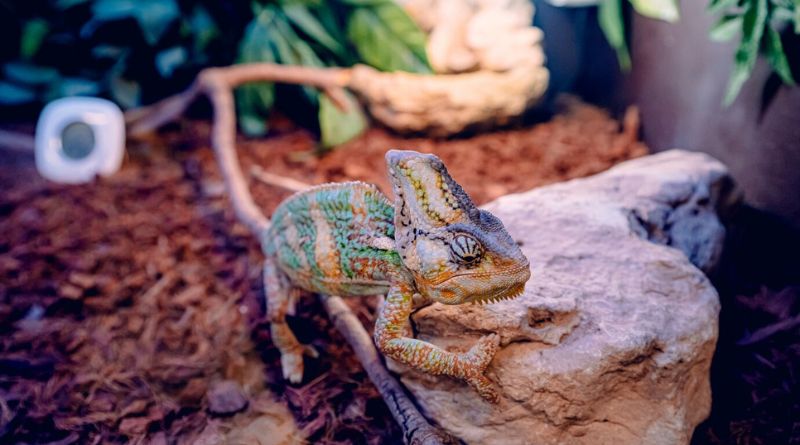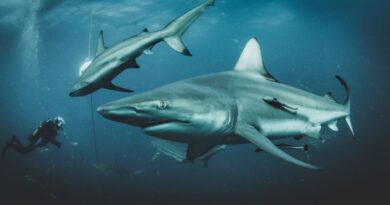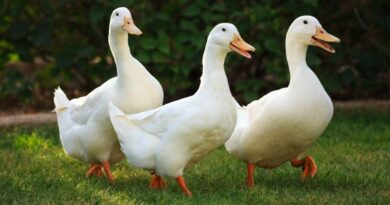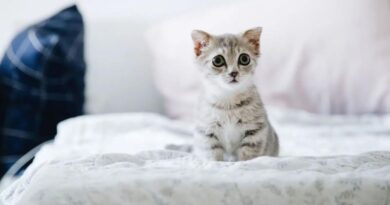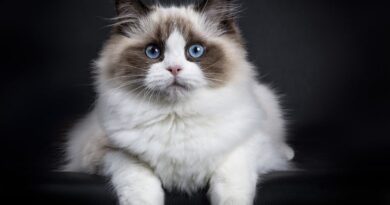Unsuitable Exotic Pets – Welcome to our guide on responsible pet ownership, where we unveil the truth about exotic pets that might not make the best companions. In a world where unique animals captivate our interest, it’s crucial to separate fascination from feasibility.
Our exploration of “8 Unsuitable Exotic Pets” aims to shed light on the challenges associated with these creatures, emphasizing the importance of informed decisions. Whether you’re a seasoned pet enthusiast or a curious novice, understanding the potential pitfalls of exotic pet choices is key to fostering a thriving, humane environment for both you and your future companions.
8 Unsuitable Exotic Pets
1. Chimpanzees
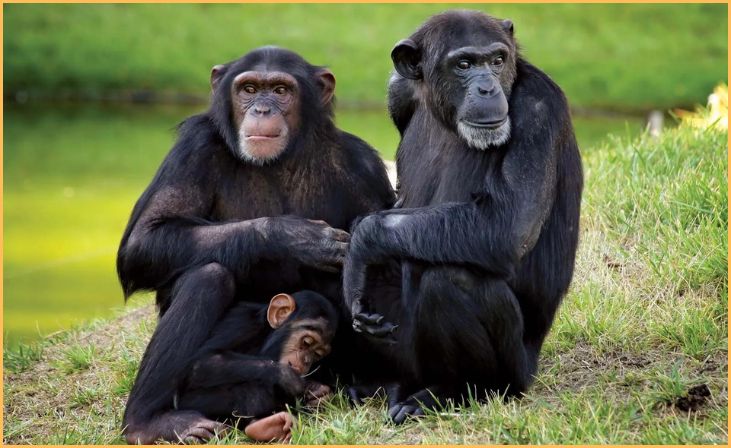
Chimpanzees, often depicted as adorable and intelligent companions, are unsuitable as exotic pets due to their complex social structures and specialized needs. These primates demand significant space, mental stimulation, and social interaction, which are nearly impossible to replicate in a home environment. Additionally, as they mature, chimpanzees can become physically powerful and may exhibit aggressive behaviors, posing serious safety risks to their owners. The exotic pet trade has devastating effects on chimpanzee populations in the wild, contributing to their decline. It is essential to appreciate these animals in their natural habitats and support conservation efforts rather than attempting to keep them as pets.
Also Read: Cutest Frog Breeds
2. Large Constrictor Snakes
While the allure of owning a majestic, large constrictor snake is undeniable, these creatures pose substantial risks to inexperienced owners. Species like Burmese pythons and reticulated pythons can grow to lengths exceeding 20 feet and require specialized enclosures and diets. Escapes from inadequate enclosures have led to incidents where these snakes pose threats to both owners and the environment. Moreover, the release of non-native species into the wild, often a consequence of irresponsible ownership, can have detrimental effects on local ecosystems. Choosing a snake that aligns with your expertise and commitment is crucial to ensuring both the animal’s welfare and your safety.
3. Tigers
Tigers, with their majestic appearance, are among the most unsuitable exotic pets. These large carnivores demand enormous amounts of space, a diverse diet, and specialized veterinary care. The exotic pet trade poses a severe threat to tiger populations in the wild, contributing to poaching and habitat loss. Moreover, as they mature, tigers exhibit wild instincts that can lead to dangerous behavior, even in seemingly domesticated individuals. The challenges associated with keeping tigers as pets are not only impractical but also contribute to the unethical exploitation of these magnificent creatures. Supporting reputable wildlife sanctuaries and conservation organizations is a more ethical way to appreciate and protect these endangered animals.
4. Capuchin Monkeys
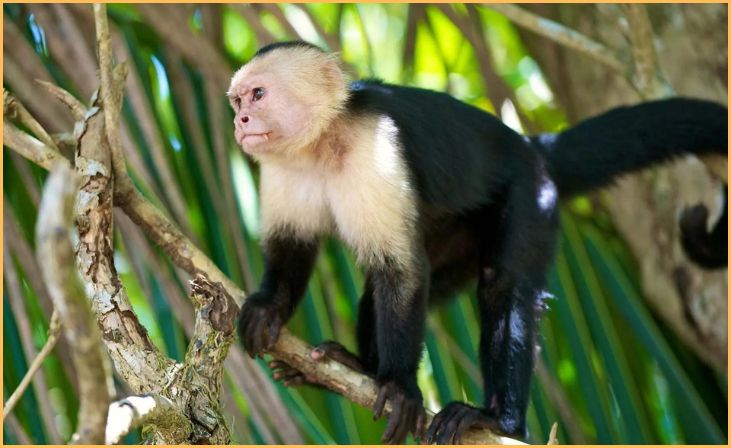
Capuchin monkeys, often popularized in movies and media, are ill-suited as pets due to their intricate social structures and high intelligence levels. These primates thrive in large, complex social groups, which are challenging to replicate in a home setting. Without proper mental stimulation and social interaction, capuchins may exhibit destructive behaviors and suffer from psychological distress. Additionally, these monkeys can carry zoonotic diseases that pose risks to human health. Choosing a more suitable pet that aligns with your lifestyle and resources is essential for promoting the well-being of both the animal and its owner.
5. Sugar Gliders
Sugar gliders, with their endearing appearance and gliding abilities, may seem like intriguing pets. However, these small marsupials have specific dietary and environmental requirements that can be challenging for owners to meet. They thrive in social groups and can suffer from loneliness and stress when kept alone. Additionally, their diet includes a variety of foods, and providing a nutritionally balanced diet requires careful attention. Many individuals acquire sugar gliders without fully understanding their needs, leading to health issues and the improper care of these delicate creatures. Before considering a sugar glider as a pet, prospective owners should thoroughly research their care requirements and commitment levels.
6. Venomous Reptiles
Owning venomous reptiles as pets presents significant challenges and risks. Species like cobras, vipers, and rattlesnakes have complex venom delivery systems that demand expert handling and secure enclosures. The potential for accidental bites poses life-threatening dangers to both owners and those in their surroundings. In many places, keeping venomous reptiles may also be subject to legal restrictions. Proper training, experience, and adherence to safety regulations are paramount for those considering these reptiles as pets. However, due to the inherent risks involved, many experts advocate against keeping venomous reptiles in private homes altogether.
7. Slow Lorises
The slow loris, with its large, expressive eyes, is often sought after as a pet. However, these primates are nocturnal, arboreal, and have specialized dietary needs that make them challenging to care for in a domestic setting. Slow lorises are also one of the few venomous primates, with glands on their elbows producing a toxic secretion. The illegal trade in slow lorises contributes to their decline in the wild, and the process of removing their teeth, often done to prevent bites, is a cruel and inhumane practice. Supporting conservation initiatives and respecting these creatures in their natural habitats is vital for their survival.
Also Read: Signs Of Snakes Around Your House
8. Exotic Wild Cats (Servals, Caracals, etc.)
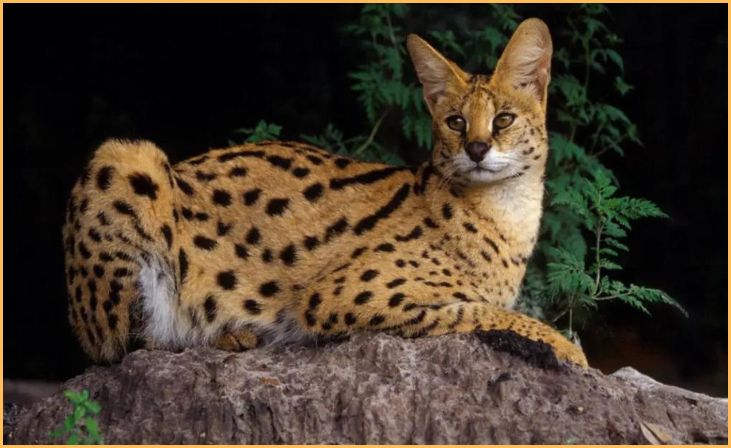
Exotic wild cats, including servals and caracals, are unsuitable as pets due to their wild instincts and specialized needs. These medium-sized carnivores require large enclosures, a varied diet, and mental stimulation to thrive. Attempts to domesticate them often result in stress and behavioral issues. Moreover, the exotic pet trade contributes to the depletion of wild populations, threatening these species in their natural habitats. Conservation efforts and ethical wildlife tourism offer more responsible ways to appreciate these majestic cats. Choosing a domesticated cat breed ensures a more suitable and humane companionship for those looking to share their homes with feline friends.
Conclusion
Navigating the realm of exotic pets requires a balance between curiosity and responsibility. Our exploration of “8 Unsuitable Exotic Pets” is a call to action for prospective pet owners to prioritize the well-being of these unique creatures. By choosing pets that align with our abilities and dedicating ourselves to thorough research, we can create environments where both humans and exotic animals can thrive. Let this guide serve as a compass, steering you away from potential pitfalls and towards a fulfilling and ethical journey in the world of exotic pets.
FAQs
No, but some species have specific needs that can be challenging to meet in a domestic setting. Research and preparation are crucial to ensure compatibility with your lifestyle and resources.
Unsuitable exotic pets may suffer in captivity, leading to health issues and behavioral problems. Choosing a pet aligned with your capabilities promotes animal welfare and a harmonious living arrangement.

